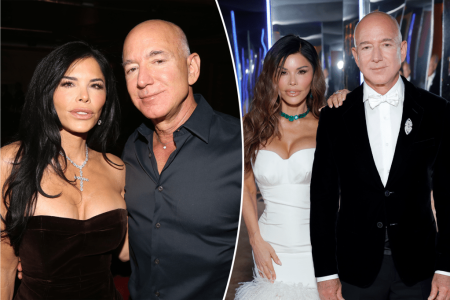Billie Eilish recently expressed her frustration with the excess packaging and sales tactics used by some artists in the music industry. In an interview with Billboard, Eilish criticized unnamed “big artists” who create multiple versions of vinyl and albums in order to boost sales and make more money. She emphasized the wastefulness of these practices and highlighted her own efforts to be sustainable in her career, such as using recycled materials for her “Happier Than Ever” vinyl release.
Eilish’s comments sparked speculation that she was referring to Taylor Swift, known for releasing multiple versions of her albums with unique bonus tracks and artwork. Swift’s album “Taylor Swift’s 1989 (Taylor’s Version)” set a record for the largest sales week on vinyl in U.S. history, partially due to the various versions available for purchase. Fans of Swift, known as Swifties, often buy multiple copies of her albums to collect each variant.
While some fans criticized Eilish for potentially targeting Swift with her comments, others defended her point about the industry’s obsession with charts and numbers. Eilish herself has released multiple vinyl variants in a sustainable way, despite her criticisms of wasteful packaging and sales tactics. The conversation surrounding Eilish’s comments highlights the ongoing debate within the music industry about sustainability and consumerism.
In addition to Swift, other artists such as Ariana Grande and Olivia Rodrigo have also released multiple versions of their albums with unique features. Grande’s “eternal sunshine” album and Rodrigo’s deluxe version of “GUTS” are examples of how artists use variants to attract fans and boost sales. The discussion around Eilish’s comments serves as a reflection of the broader trends in the music industry and how artists balance creativity, sustainability, and commercial success.
Eilish’s commitment to sustainability is evident in her support for REVERB’s Music Decarbonization Project, which aims to reduce carbon emissions in the music industry. By using recycled materials and minimizing waste in her own releases, Eilish sets an example for other artists to prioritize environmental consciousness in their creative processes. As the music industry continues to evolve, artists like Eilish play a crucial role in shaping the narrative around sustainability and responsible consumerism.















